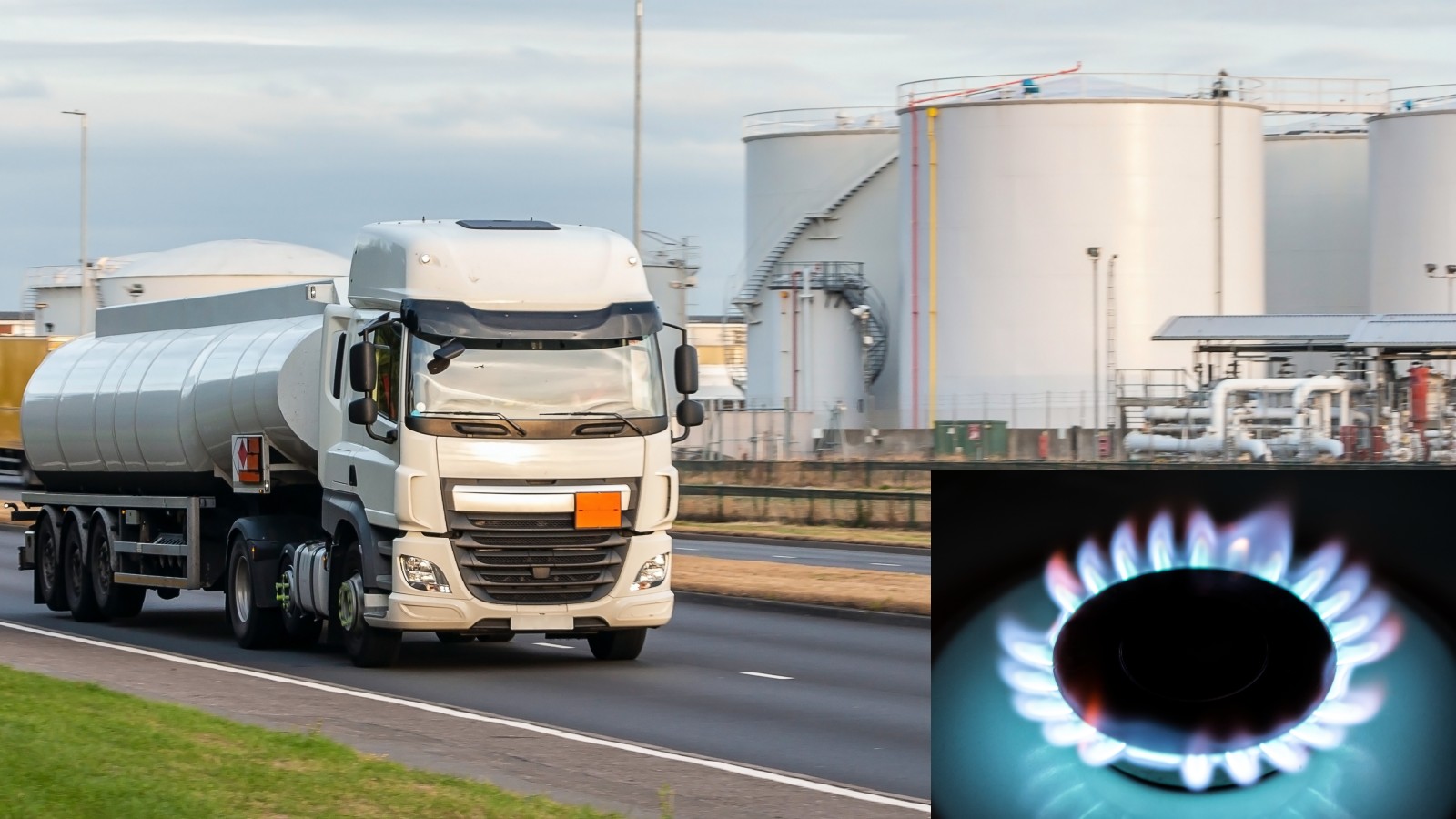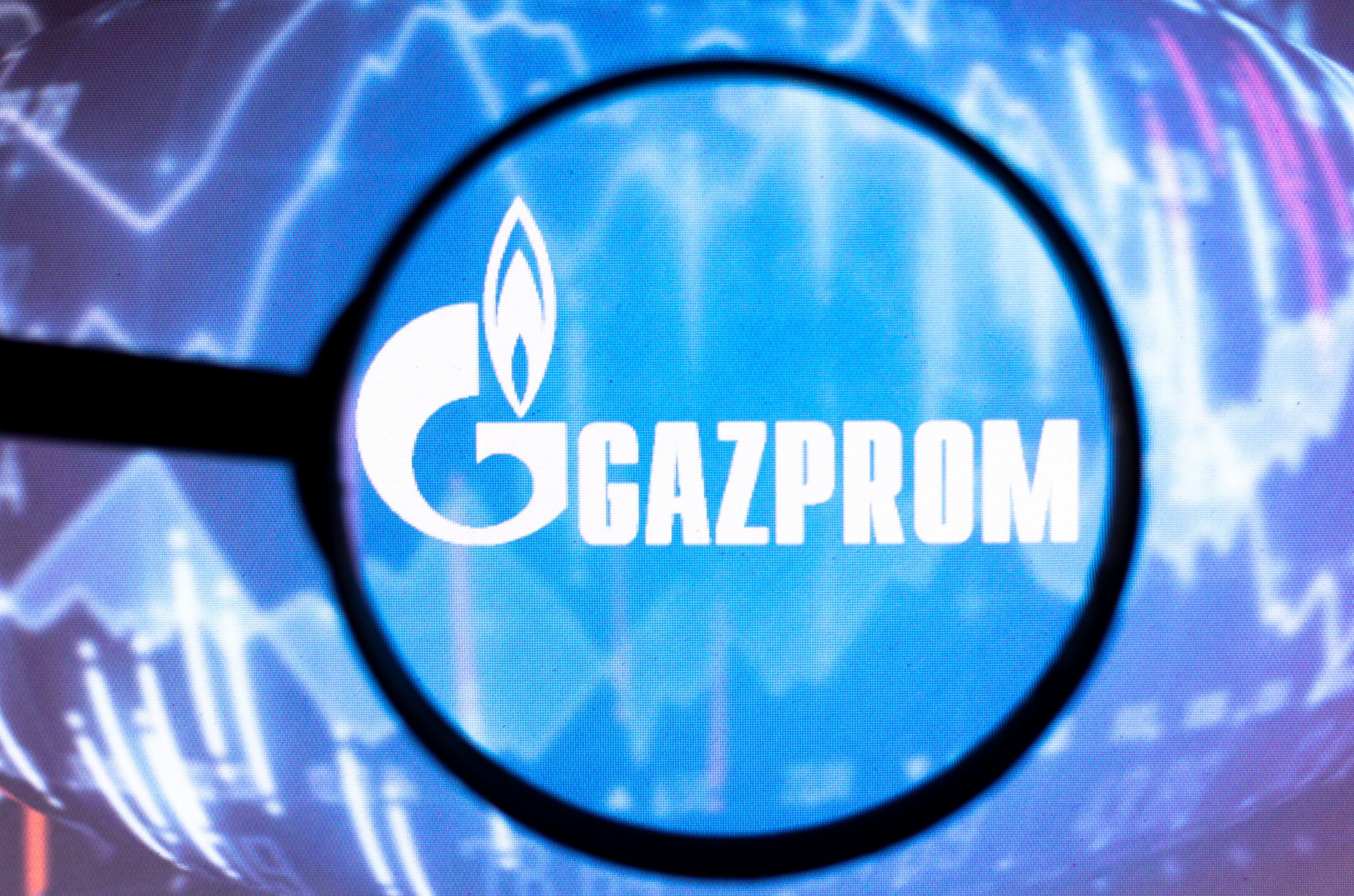Where does the UK get its oil and gas from?
We look at where the energy comes from as prices continue to soar amid the Ukraine and Russia conflict.


As oil and gas prices continue to rise the UK government has announced plans to phase out imports of Russian oil in response to Vladimir Putin’s illegal invasion of Ukraine by the end of the year. This has left many people are wondering where the UK gets its oil and gas from?
The cost of living is increasing and many homeowners are wondering why the cost of gas prices is rising as they struggle to pay the bills and it's expected to get worse from April. Most of us take for granted how easily we access the oil and gas that's used in our homes for heating and cooking. You only have to flick a switch and it's there. But have you ever thought about the bigger picture, and where the oil and gas come from in the first place?
Where does the UK get its oil and gas from?
The UK currently gets its oil and gas from Russia but this is only a fraction (8%) of the fuel products imported to the UK. The vast majority comes from imports of liquefied natural gas (LNG), which is transported to the UK by sea from countries such as Qatar and the US. Other reliable suppliers include the Netherlands, Sweden, Belgium. About half of the UK’s gas comes from the North Sea, and a third is sourced from Norway. The UK hopes to have phased out its imports of Russian oil by the end of 2022.
The Russian gas that the UK receives also comes in LNG form but these LNG supplies are very sensitive to global market prices. This is sold to those offering the highest price. The UK market is closely connected to markets in mainland Europe, meaning a price rise on the continent often leads to higher prices here too.
Our gas and electric calculator can help you predict how much your bills are going to cost going forward.
How much gas does the UK import from Russia?
The UK imports less than 4% of gas from Russia, which means it is not dependent on Russian natural gas. The Russian state-owned company Gazprom exports natural gas to Europe. According to Eurostat, 30% of the EU's petroleum oil imports and 39% of total gas imports came from Russia in 2017. But unlike the UK, countries Estonia, Poland, Slovakia and Finland, rely more heavily on Russian gas with more than 75% of their imports of petroleum oils originating in Russia.
Since the UK became the latest country to phase out its usage of Russian oil and gas, the Russian oil is already being ostracised by the market, with nearly 70% of Russian oil currently struggling to find a buyer. And, in with our competitive global market demand will quickly be met by alternative suppliers.
Parenting advice, hot topics, best buys and family finance tips delivered straight to your inbox.

Does the UK export oil and gas?
Yes the UK is a significant producer of both crude oil and petroleum products. The UK became a net importer of primary oils in 2005, but net imports fell to a 17-year low in 2020, and the UK became a net exporter (0.5 million tonnes) for the first time since 2004. Primary oils are one of the primary energy sources which include fossil fuels (petroleum, natural gas, and coal), nuclear energy, and renewable sources of energy. Meanwhile, electricity is a secondary energy source that is generated (produced) from primary energy sources.
The UK production of oil saw a boost in 2020 - as for the first time since 2004, the UK's total production of primary oils exceeded refinery demand due to the Coronavirus pandemic in which people were urged to stay and work from home. As a result the demand for fuels for cars, lorries and aircraft was reduced due to the travel ban and the demand for primary oils was down by 18 percent on 2019, whereas production remained relatively robust, down just 7.0 percent compared to 2019.
At the end of 2020, the UK held 14.9 million tonnes of stocks. Of this total, 12.8 million tonnes were held for emergency purposes, broadly equivalent to just over 61 days of typical consumption. These stocks have historically been held both in the UK and overseas under contractual arrangements that allow stocks to be repatriated to the UK if necessary.
At the end of 2020, just over 3.8 million tonnes were held in other EU countries, most notably in the Netherlands. However, following the demand destruction brought about in 2020, stocks held in the UK reached a ten-year high of 11.1 million tonnes.

Selina is a Senior Family Writer for GoodtoKnow and has more than 16 years years of experience. She specialises in royal family news, including the latest activities of Prince George, Charlotte, Louis, Archie and Lilibet. She also covers the latest government, health and charity advice for families. Selina graduated from the University of Sheffield in 2006 with a degree in Journalism, and gained her NCTJ and NCE qualifications. During her career, she’s also written for Woman, Woman's Own, Woman&Home, and Woman's Weekly as well as Heat magazine, Bang Showbiz - and the Scunthorpe Telegraph. When she's not covering family news, you can find her exploring new countryside walking routes, catching up with friends over good food, or making memories (including award-winning scarecrows!)